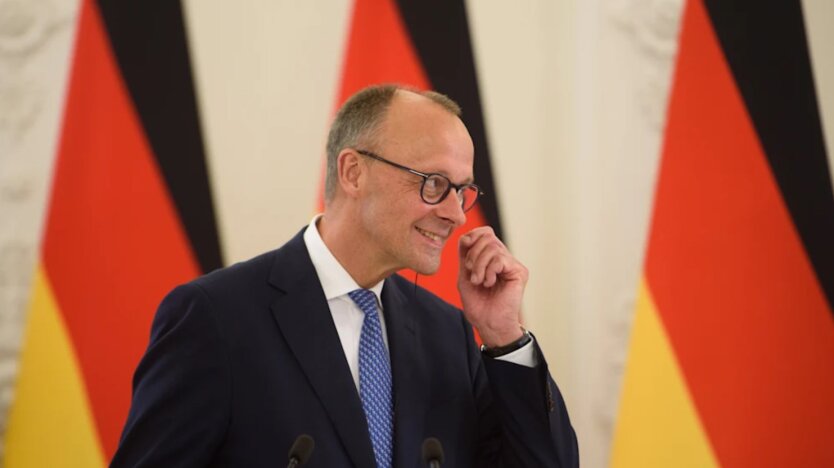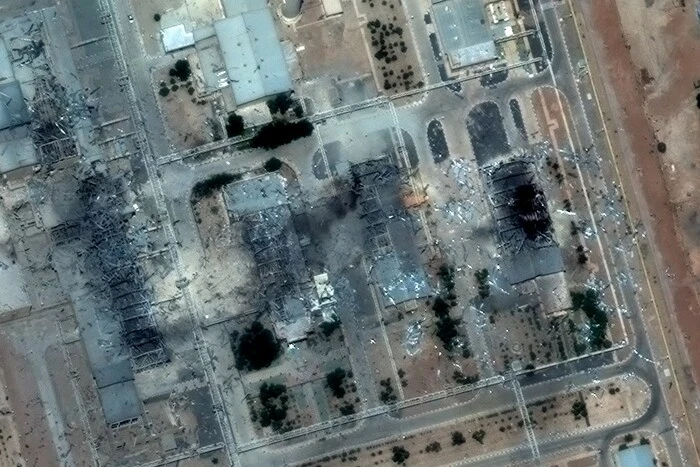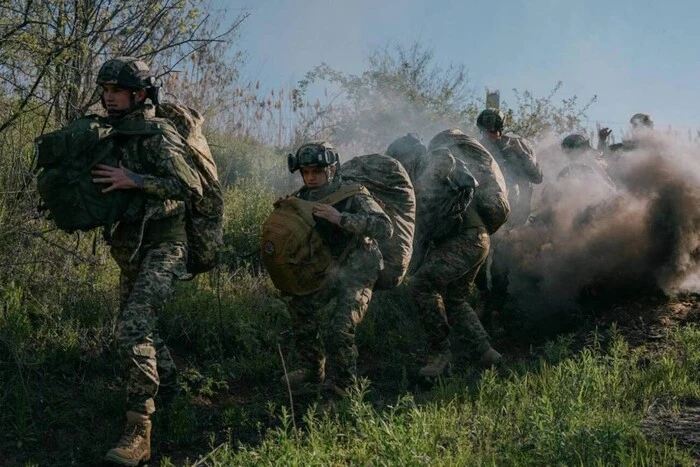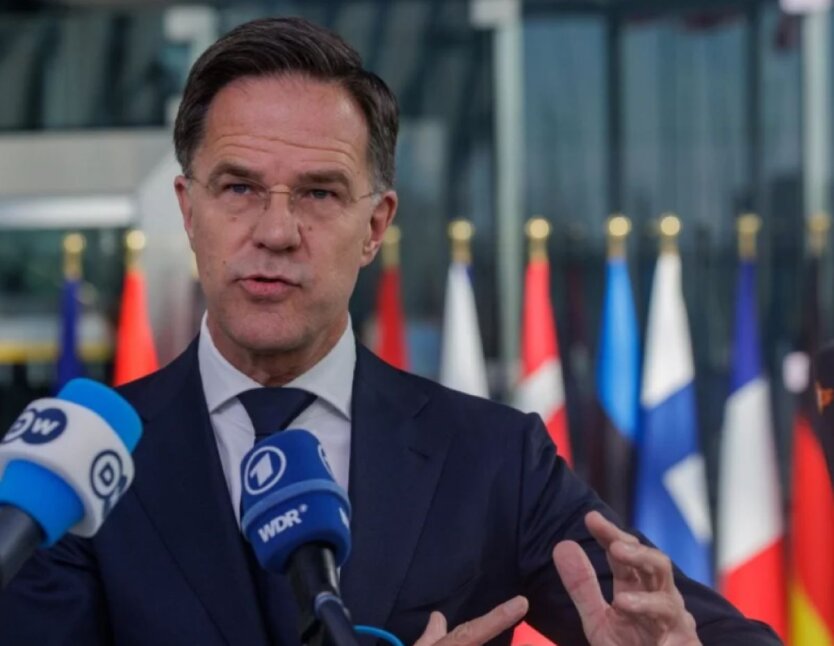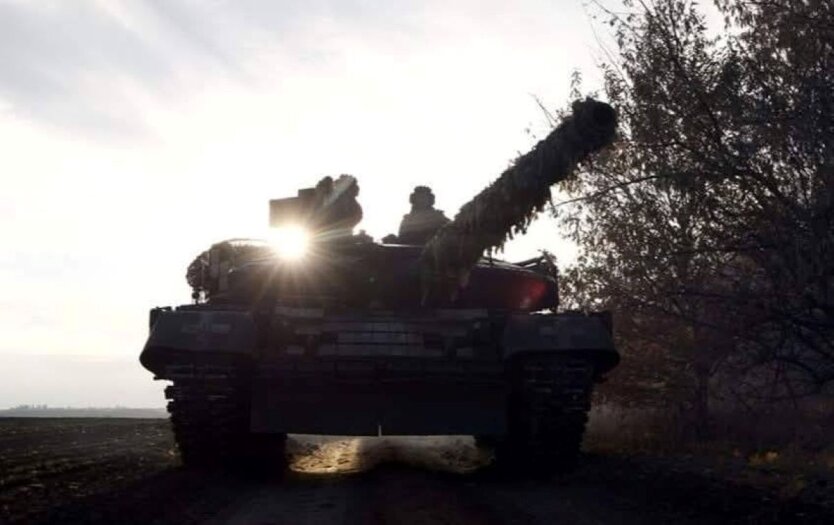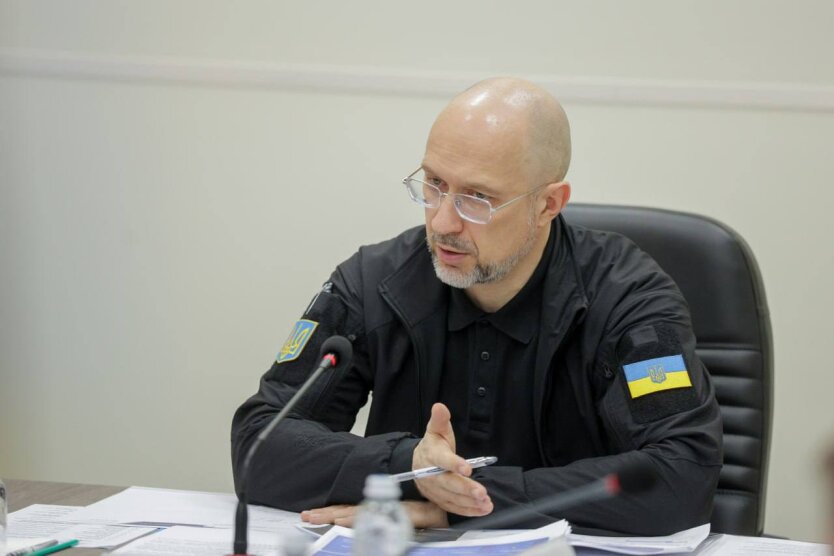NATO assesses Russia's response to events in the Kursk region.

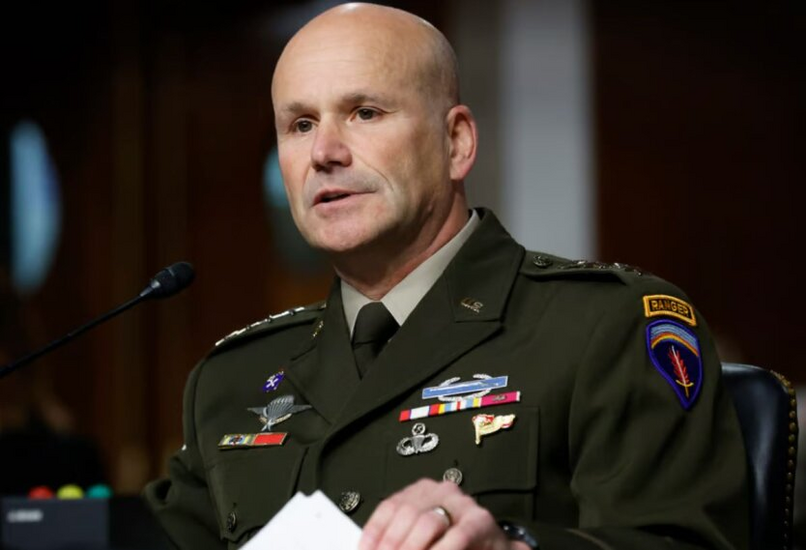
NATO's Supreme Allied Commander Europe, General Christopher Cavoli, stated that Russia is responding slowly and disjointedly to Ukraine's operation in Kursk. He explained that this is due to a lack of clear understanding in Russia about who should be responsible for combat operations, as well as a lack of forces that Russia can deploy against the operation. Cavoli emphasized that the military personnel remaining in Russia cannot be a rapid response force since they are serving mandatory service and do not have the right to fight in Kursk.
Cavoli also noted that the Russian authorities have deployed many air forces to the Kursk region, but it is still unknown how many ground forces will be involved and what effect this will have. He expressed confidence in Ukraine's ability to overcome challenges and stressed the swift and firm support of allies in defending Ukraine.
Status of the Ukrainian army and allied support
Cavoli highlighted the innovations that Ukraine has demonstrated in military, technical, and tactical terms. He emphasized that Ukraine has the ability to overcome challenges thanks to the assistance of many countries that have united in support of Ukraine.
Source: Voice of America
Read also
- EU to impose 18th sanctions package against Russia: Merz calls on the US to join
- The media published a report on Iran's surviving nuclear arsenal. The Pentagon will hold a press conference
- Front line as of June 25. General Staff report
- NATO has committed to spending 5% of GDP on defense and recognizes Russia as a long-term threat: what it means for Ukraine
- The enemy is intensifying assaults on the Defense Forces' positions in the Vovchansk and Lyptsi areas
- The area of mined territories in Ukraine has decreased by 20%

